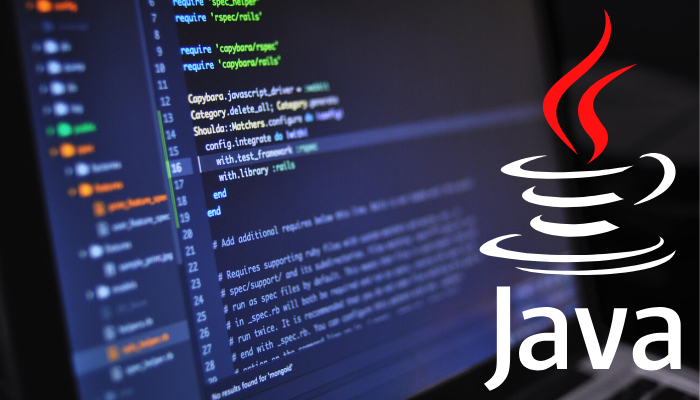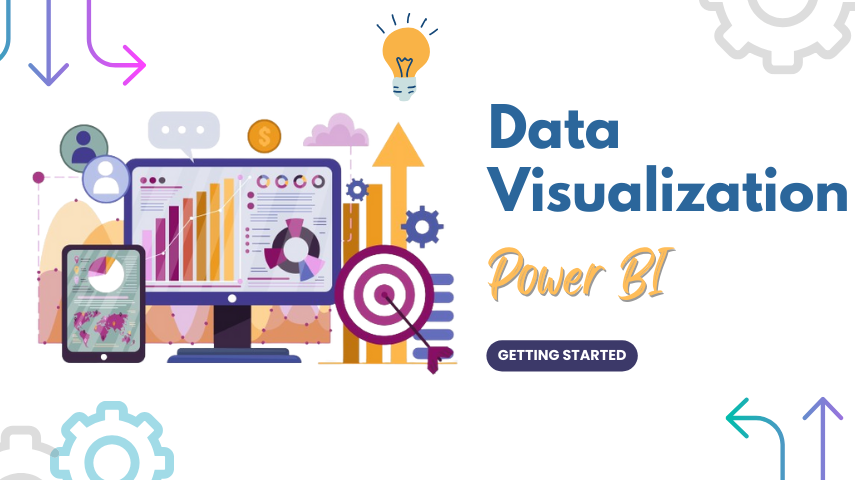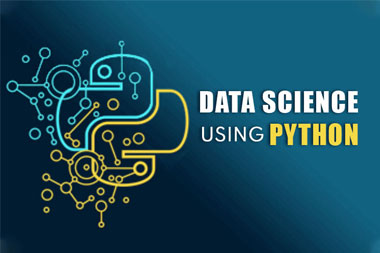Module 1: Introduction to Java Programming
- Overview of Java
- What is Java? Importance and applications
- History of Java and the Java Platform
- Java Development Kit (JDK) and Java Runtime Environment (JRE)
- Setting Up the Development Environment
- Installing JDK and setting up an IDE (IntelliJ IDEA, Eclipse, NetBeans)
- Writing and running the first Java program (“Hello World”)
- Understanding Java file structure and project setup
- Basic Java Syntax
- Keywords, identifiers, and naming conventions
- Java data types (primitive types, reference types)
- Variables, constants, and operators (arithmetic, relational, logical)
Module 2: Control Flow and Decision Making
- Conditional Statements
- Using
if,else if, andelsestatements - Nested conditionals and switch-case statements
- Using
- Loops
- Understanding and using
for,while, anddo-whileloops - Loop control statements (
break,continue)
- Understanding and using
- Exception Handling
- Introduction to errors, exceptions, and runtime exceptions
- Using
try,catch, andfinally - Throwing exceptions and custom exception classes
- Understanding the
throwskeyword
Module 3: Object-Oriented Programming (OOP) Concepts
- Introduction to OOP
- Understanding classes, objects, and methods
- Encapsulation: private vs. public access modifiers
- Constructor methods and method overloading
- The
thiskeyword
- Inheritance
- Understanding inheritance and the
extendskeyword - Method overriding and the
superkeyword - Object hierarchy and the
Objectclass
- Understanding inheritance and the
- Polymorphism
- Method overriding vs. method overloading
- Dynamic method dispatch and runtime polymorphism
- Interfaces vs. abstract classes
- Abstraction
- Understanding abstract classes and interfaces
- Implementing interfaces and abstract methods
- The role of abstract classes in Java
- Encapsulation
- Creating getters and setters
- Using access modifiers (
private,protected,public)
Module 4: Data Structures and Collections
- Arrays
- Creating and initializing arrays
- Multidimensional arrays
- Arrays vs. ArrayLists
- ArrayList and LinkedList
- Introduction to Java Collections Framework
- Using
ArrayListandLinkedList - Differences between
ArrayListandLinkedList - Iterating through lists using loops and iterators
- Sets and Maps
- Using
HashSet,TreeSet, andLinkedHashSet - Working with
HashMap,TreeMap, andLinkedHashMap - Basic operations on sets and maps (add, remove, contains)
- Using
- Queue and Stack
- Understanding
QueueandDequeinterfaces - Using
LinkedListas a Queue and Stack - Operations like
push(),pop(),peek(),offer()
- Understanding
Module 5: File Handling and Input/Output (I/O)
- File I/O in Java
- Introduction to File and Stream classes
- Reading from files using
FileReaderandBufferedReader - Writing to files using
FileWriterandBufferedWriter
- Serialization
- Understanding object serialization and deserialization
- Using
Serializableinterface - Saving and loading objects to/from files
- Exception Handling in I/O
- Handling
IOException,FileNotFoundException - Working with
try-with-resourcesstatement
- Handling
Module 6: Java Libraries and Frameworks
- Java API and Common Libraries
- Introduction to Java Standard Library
- Common utility classes (e.g.,
String,Math,Date,Collections) - Introduction to
java.time(working with date and time)
- Working with Regular Expressions
- Introduction to regular expressions in Java
- Using the
PatternandMatcherclasses - Basic regex operations (matching, searching, replacing)
- Using Streams and Lambda Expressions
- Introduction to streams in Java 8
- Using the
StreamAPI for functional-style programming - Lambda expressions and functional interfaces
Module 7: Advanced Java Concepts
- Multithreading and Concurrency
- Understanding threads and processes
- Creating threads using
Threadclass andRunnableinterface - Synchronization and thread safety
- Working with
ExecutorServicefor thread pooling
- Networking in Java
- Introduction to networking concepts (TCP/IP, UDP)
- Using
SocketandServerSocketclasses - Sending and receiving data over a network
- Creating a simple client-server application
- Java Reflection
- What is reflection? Use cases in Java
- Accessing class information at runtime
- Modifying class behavior dynamically using reflection
- Java Database Connectivity (JDBC)
- Introduction to JDBC
- Connecting Java to relational databases (MySQL, SQLite, etc.)
- Performing SQL queries from Java applications (SELECT, INSERT, UPDATE, DELETE)
- Handling SQL exceptions and transactions
Module 8: GUI Development with Java
- Introduction to GUI with JavaFX
- Basics of JavaFX framework
- Setting up a JavaFX project
- Creating simple user interfaces (buttons, text fields, labels)
- Handling events (mouse clicks, keyboard input)
- Swing (Optional)
- Introduction to Swing components (JFrame, JPanel, JButton)
- Using layout managers (FlowLayout, BorderLayout)
- Handling user actions and events



